 By Rachel Kuo, Everyday Feminism
By Rachel Kuo, Everyday Feminism
“To recognize one’s own role in the oppression of others is not about blame but about opening our eyes to see how power works and how we can redirect it so it doesn’t diminish us all.” —Shona Jackson
I am Taiwanese American, and I still struggle to make sense of what that really means. My relationship to nationhood and to space has been about trying to seek belonging and acceptance.
I am not seen as fully American, yet when I visit Taiwan, it is clear that I am not Taiwanese.
One thing I am clear on: I am not white – though some white folks don’t immediately read me as a person of color.
Most often, I am invisible. I am always from somewhere else.
While I typically self-identify as a second-generation Taiwanese American, there are already a few issues with that identity marker. For example, even though my generational status marks my family’s recent immigration history – which is a critical part of my Taiwanese American ethnic experience – it erases histories prior to contact with the United States.
By I prioritizing my US citizenship, I am demanding to be a part of an imperialist system that literally needs my membership to toot its horn as a “multicultural melting pot.” Yet, my membership as an American citizen is still contested.
Consequently, I am racially categorized as a “perpetual foreigner” – as an Asian American, my belonging on this land, to this nation, and in this space, is constantly in question.
White supremacy has never completely accepted the presence of Asians in the United States and history demonstrates this through institutionalized exclusion, internment, objectification, and hate crimes.
Yet despite knowing that I am unwanted, I still find myself thinking – hoping – that if I can change the “non-American” parts of myself, I can finally experience the benefits of belonging.
And so, I attempt to remove my “Asian-ness.”
In the classroom, I over-perform my version of “American-ness” because I am frustrated when professors confuse me with Asian international students – who get stereotyped as not being able to speak English and, as a result, have to deal with learning from impatient and xenophobic professors.
In order to avoid this, I have found myself betraying members of my community by trying to prove I’m not just “one of them”.
When I am asked the question, “Where are you really from?” I purposefully erase my roots and reply that I am from the United States.
The ways I’ve learned to survive and belong in a country that marginalizes and labels me as a foreigner is rooted in the legacy of oppressing others.
But it’s taken me a while to even understand this phenomenon.
I do racial justice work to address identity-based oppression, and through this work, I’ve started to learn more deeply about colonialism.
I’ve realized that the way I’ve been taught to construct my identity and prioritize my “American-ness is dependent on the impact of United States’ colonial history and current oppressive practices towards Indigenous and Native communities.
And that is just one of the ways anti-racism work often colludes with colonialism. To truly do racial justice work, we, non-Native people of color, can’t solely focus on just the ways we’ve been marginalized or oppressed.
As people of color living in the United States, while we experience many forms of oppression, we are also still complicit in ongoing projects of colonization.
Colonization involves the extension of domination of one group over another, targeting Native groups from US “states and territories,” from places impacted by global capitalism, and groups Indigenous to lands they were stolen and/or displaced from.
While most people of color have experienced forms of colonial control, being a person of color does not automatically carry a direct colonial history.
We – especially those of us doing racial justice work – need to start looking at all the different forms of oppression and how they’re related to one another.
Settler colonialism and racism are connected and co-dependent, but they are not the same thing. Their impacts are experienced differently across communities.
We erase each other’s unique struggles and legacies when we appropriate each other’s oppressions and that’s not accountable racial justice work.
Here are some of the places I’ve started to think through racism and settler colonialism…


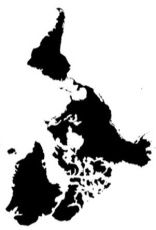

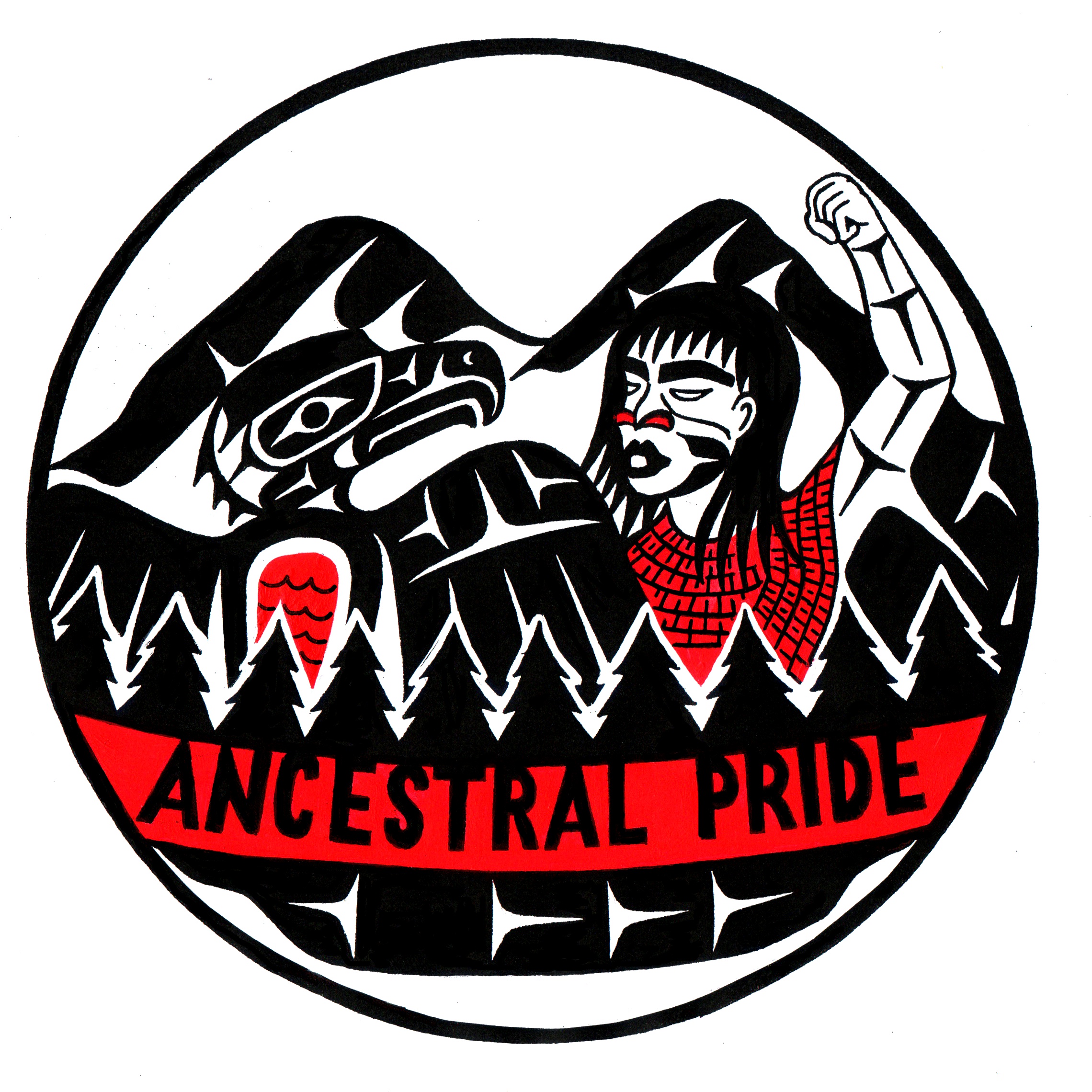





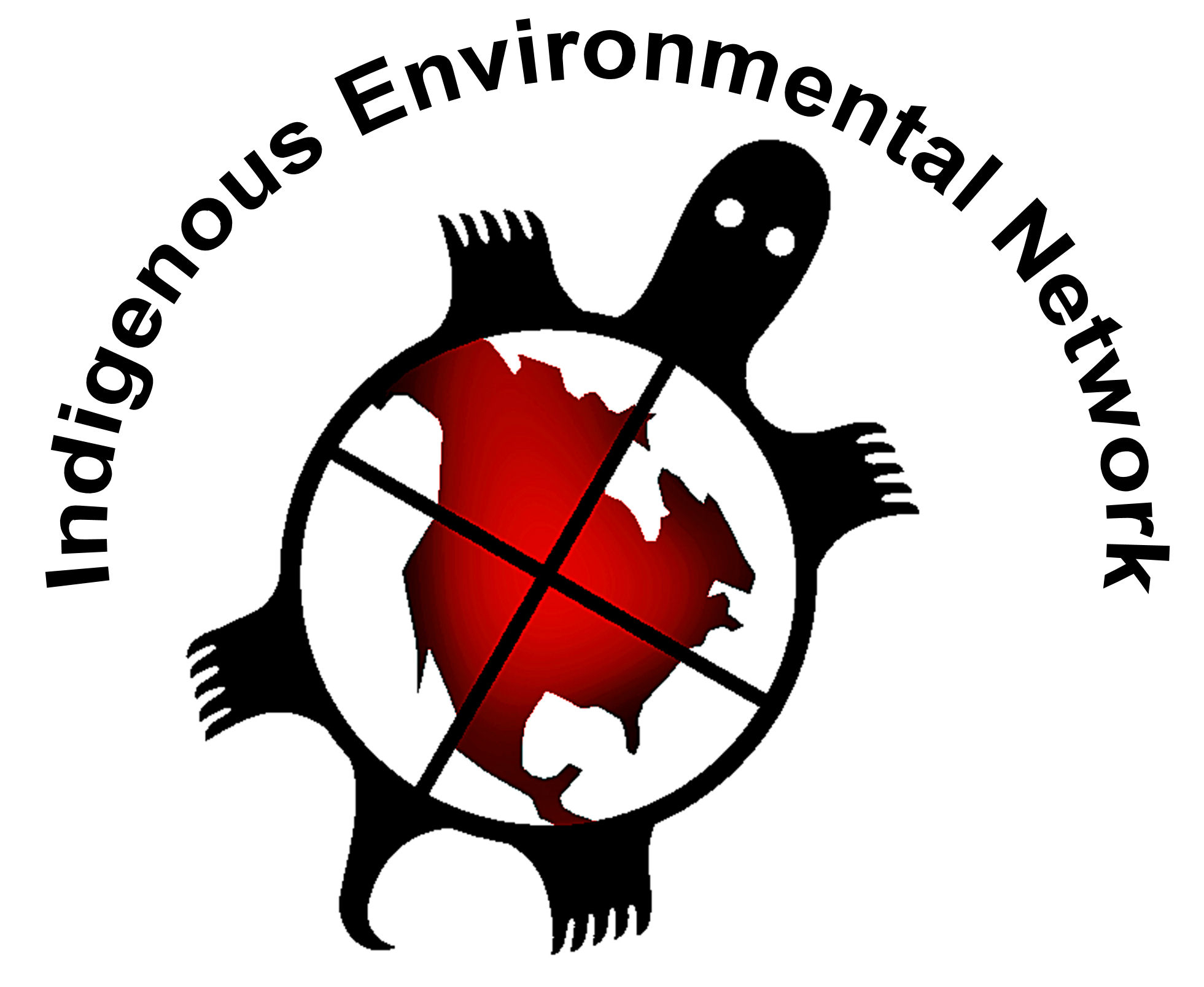


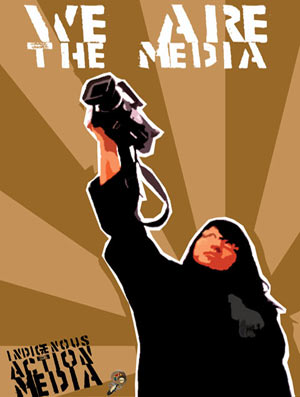













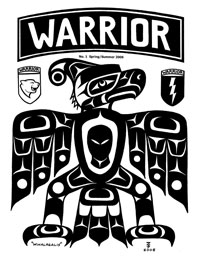






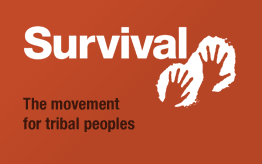


You wrote the hell out of this article. Thank you.